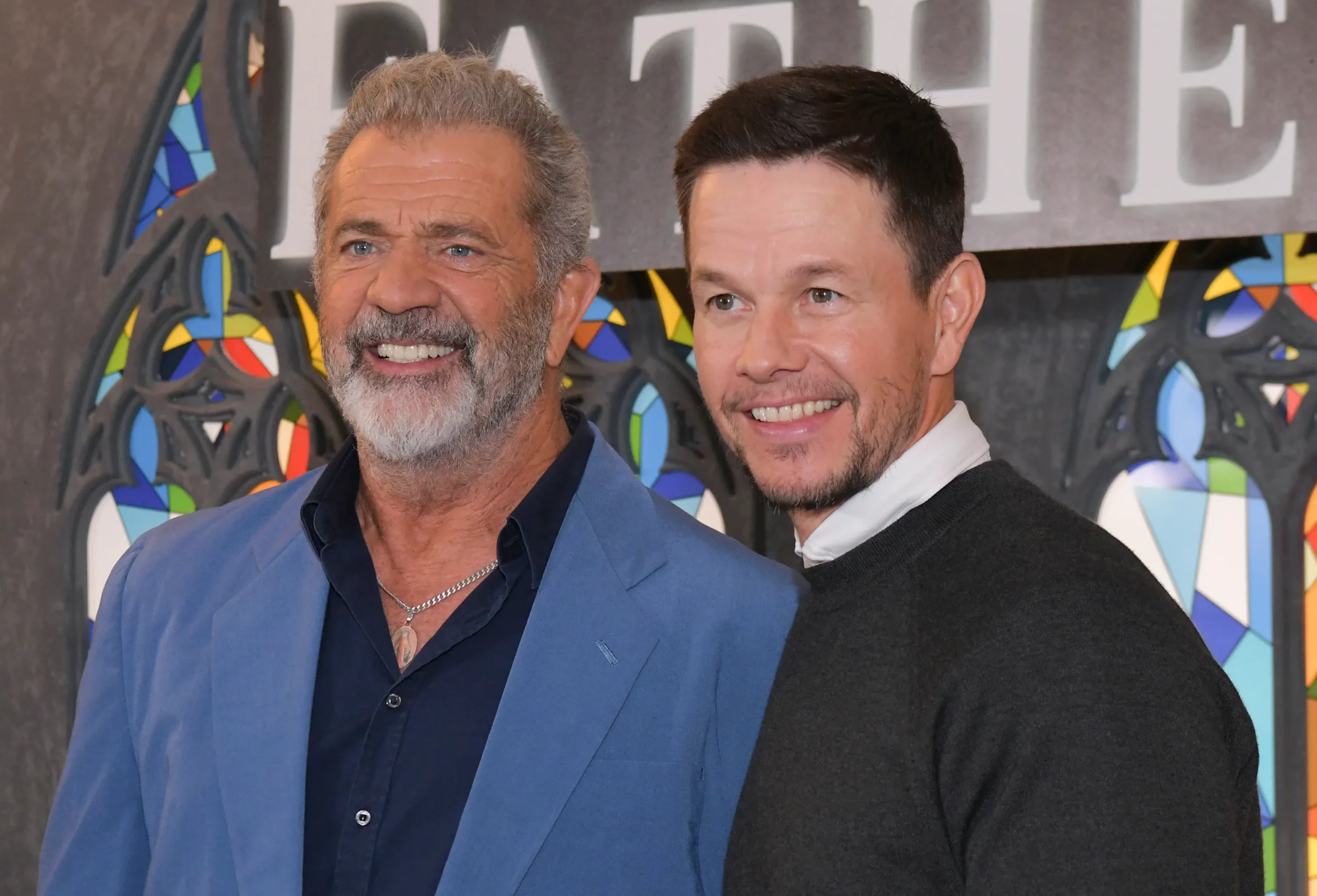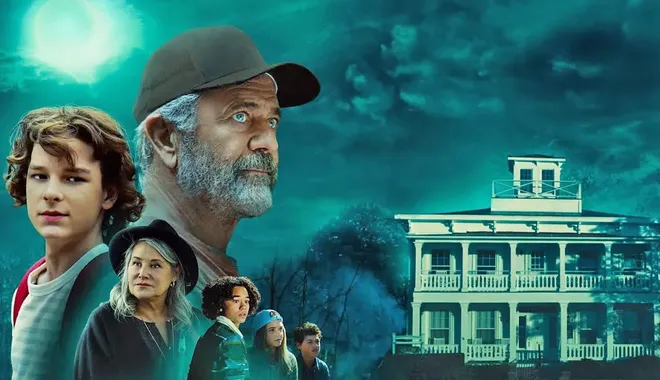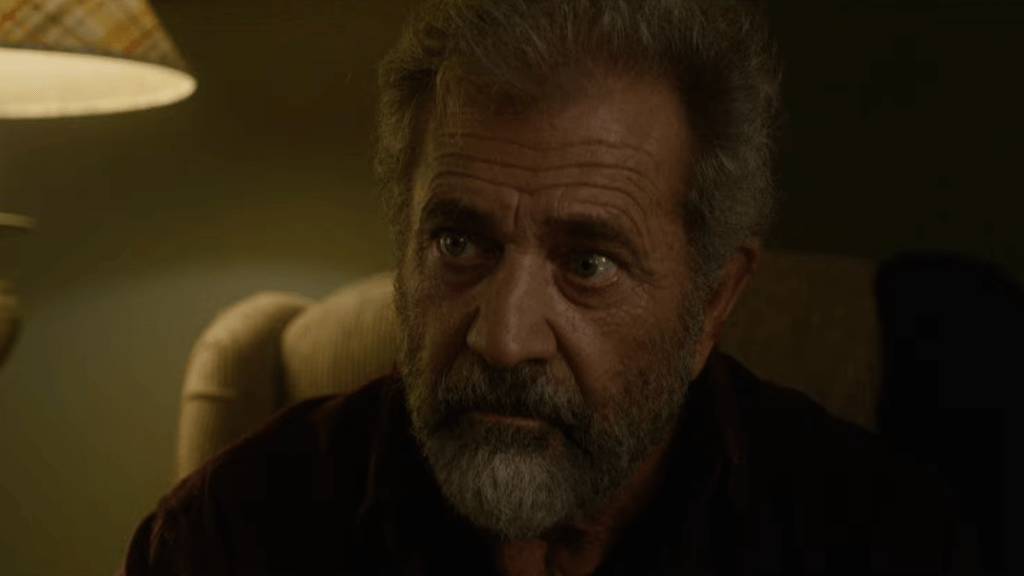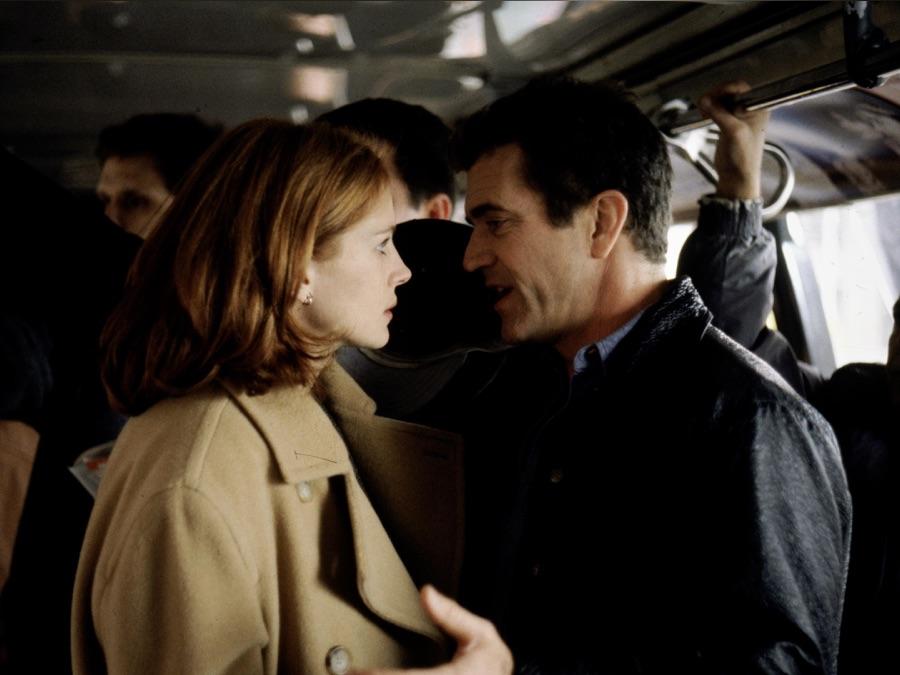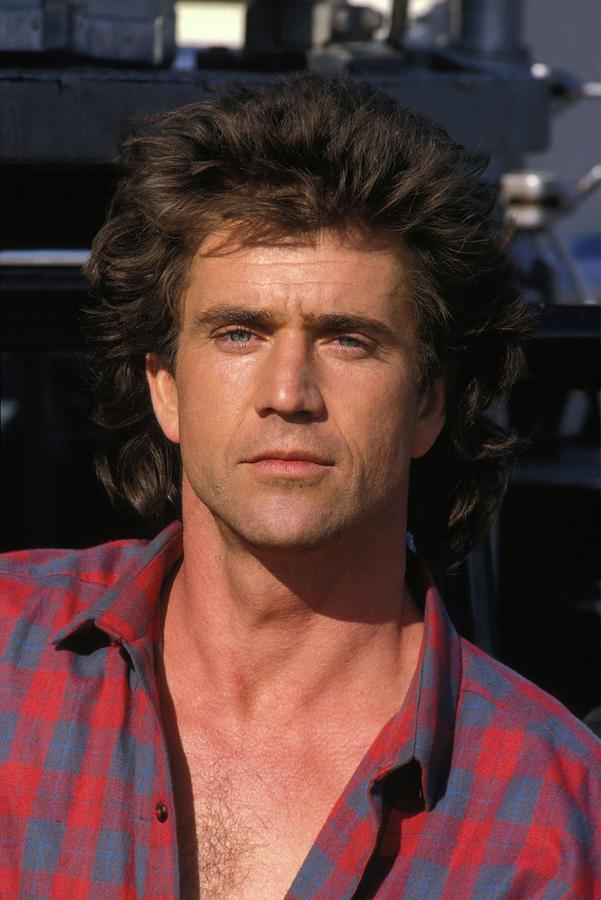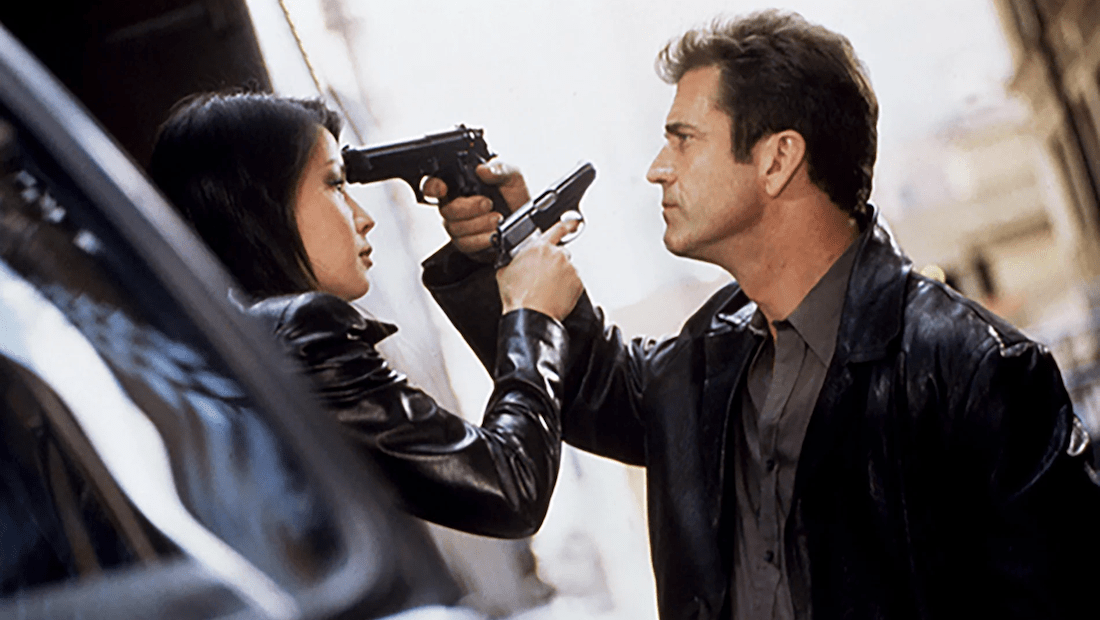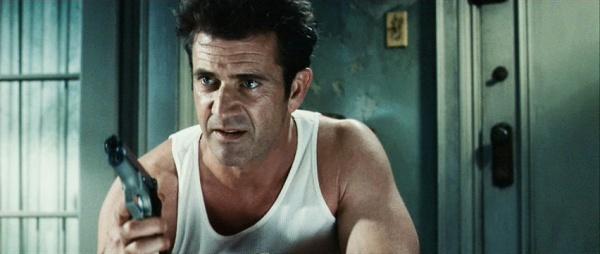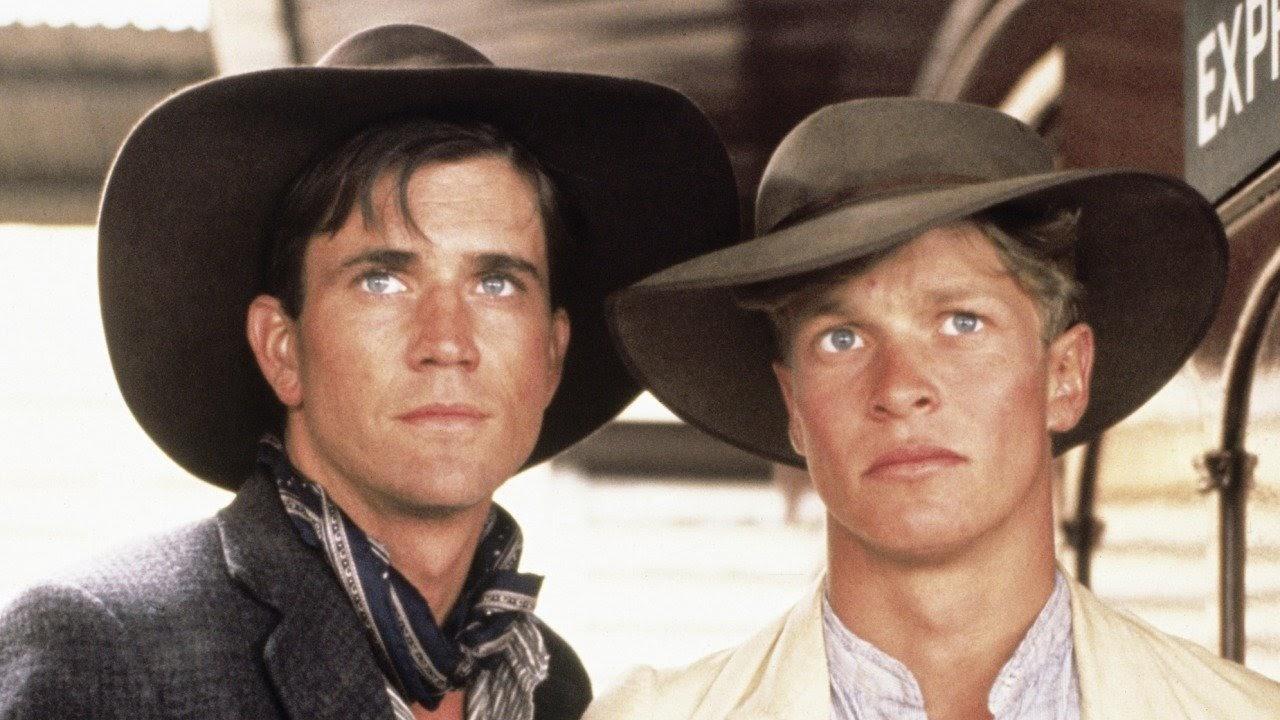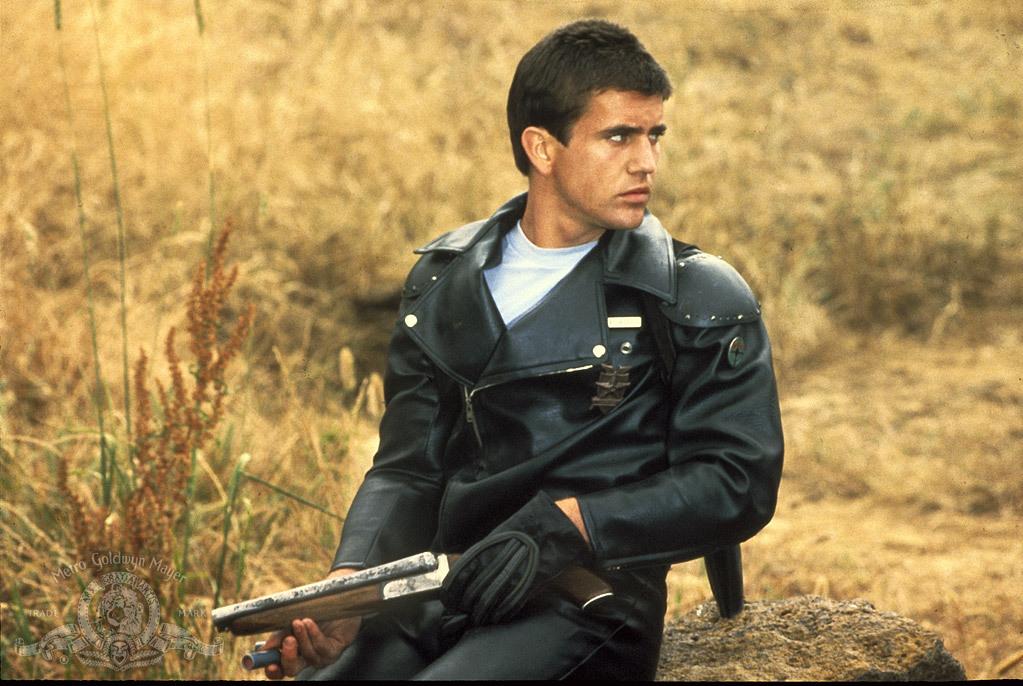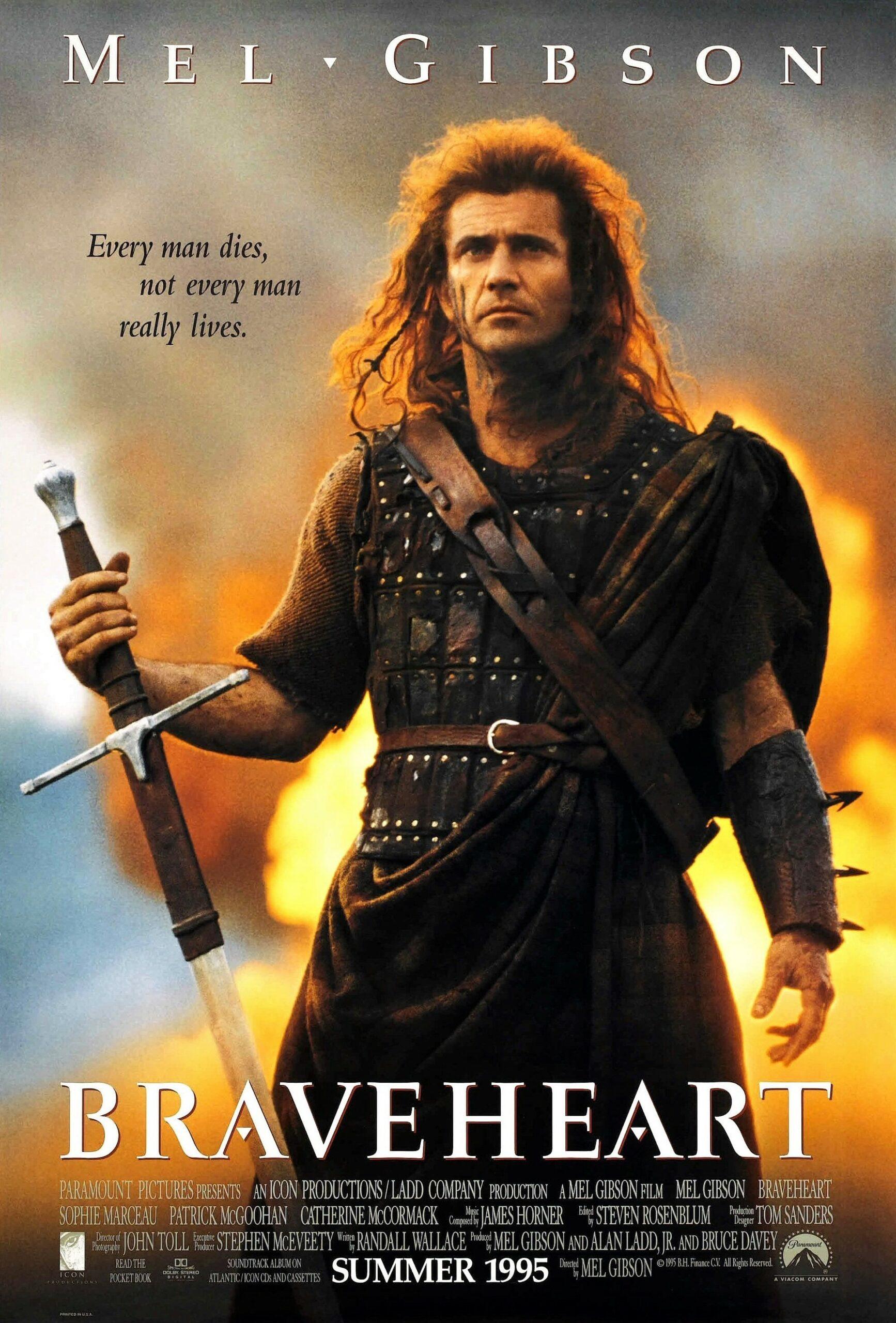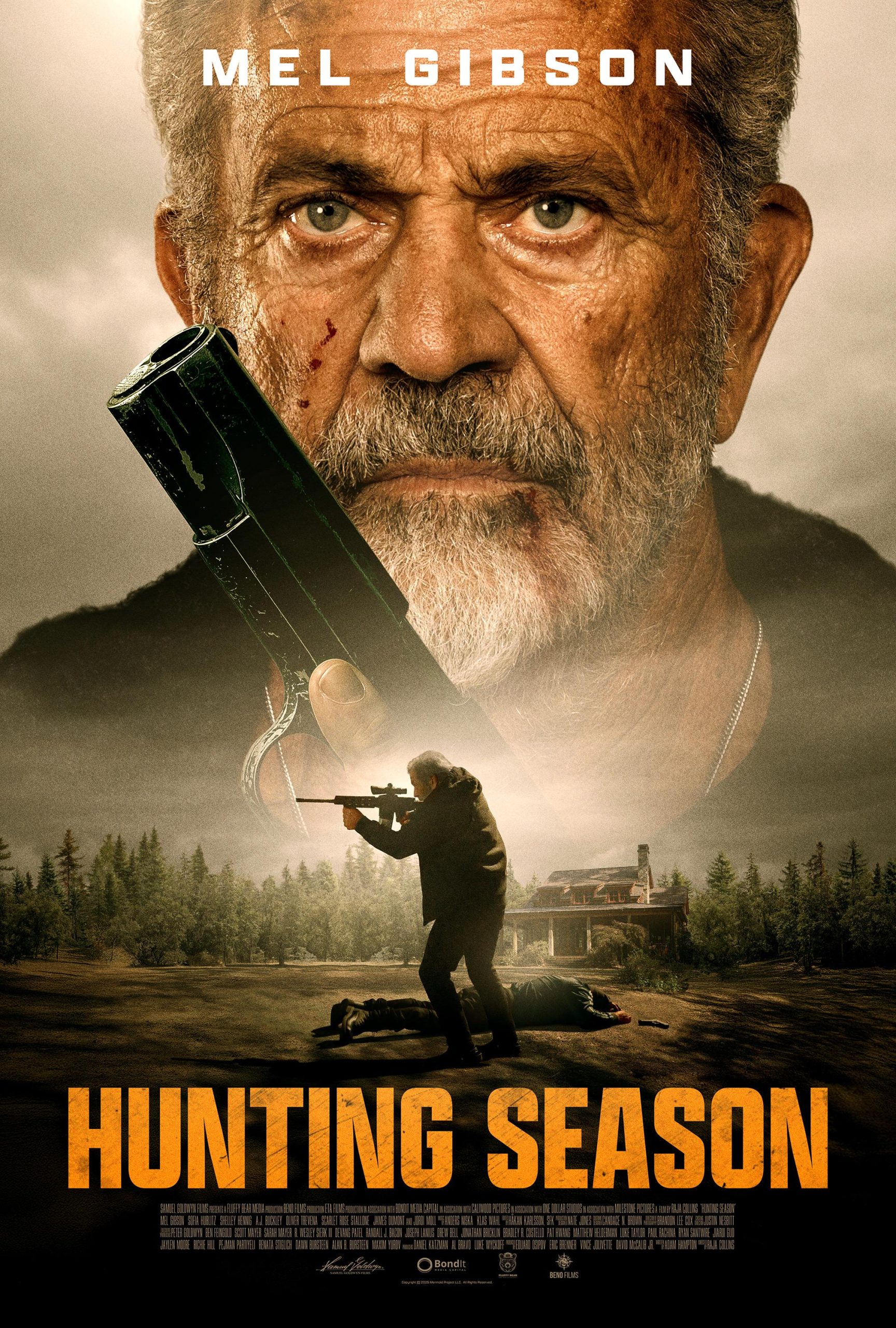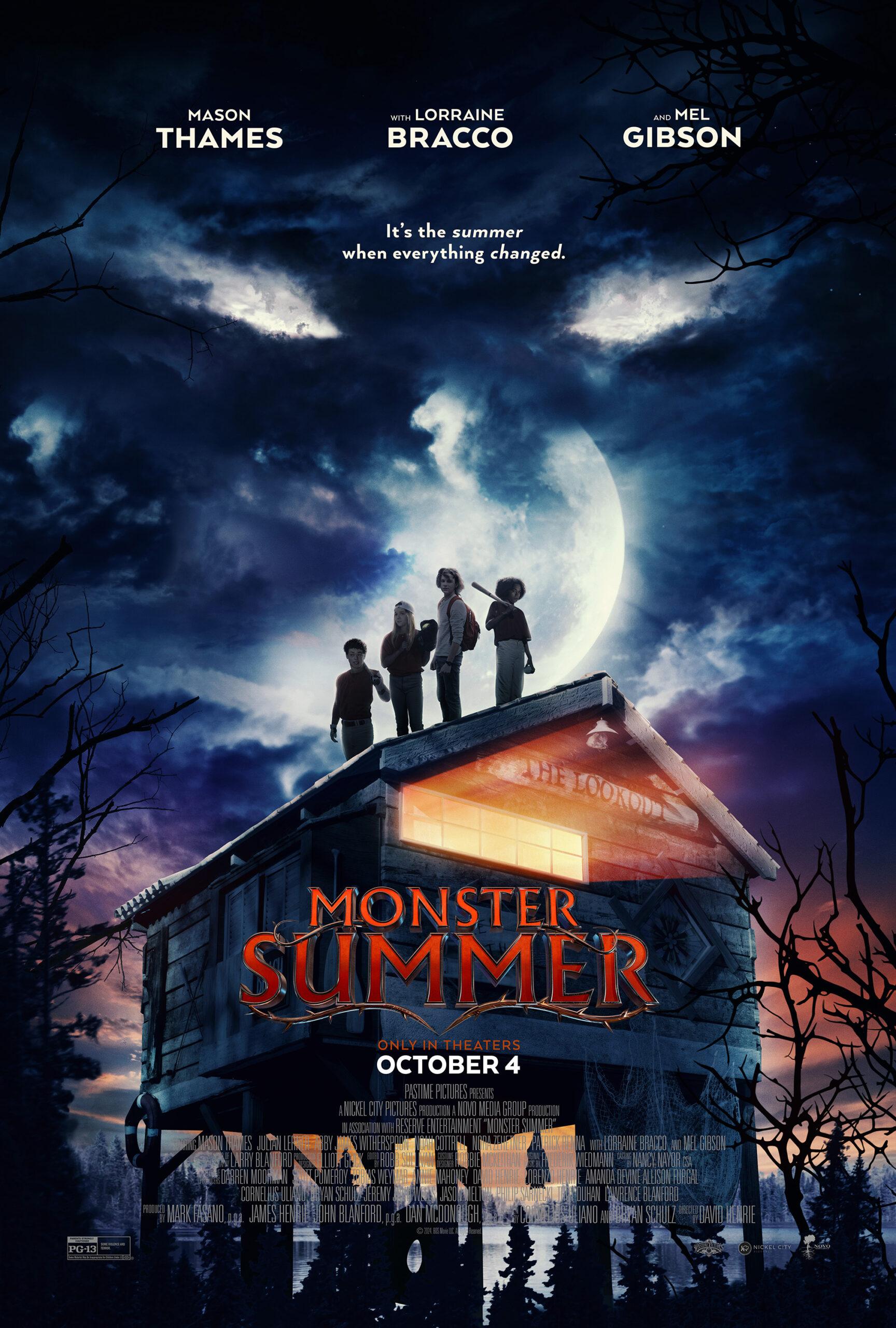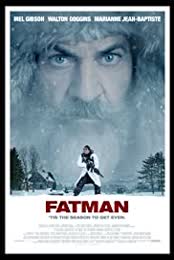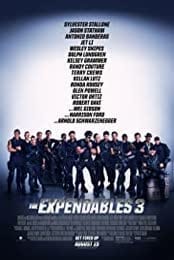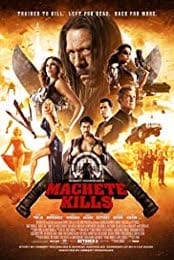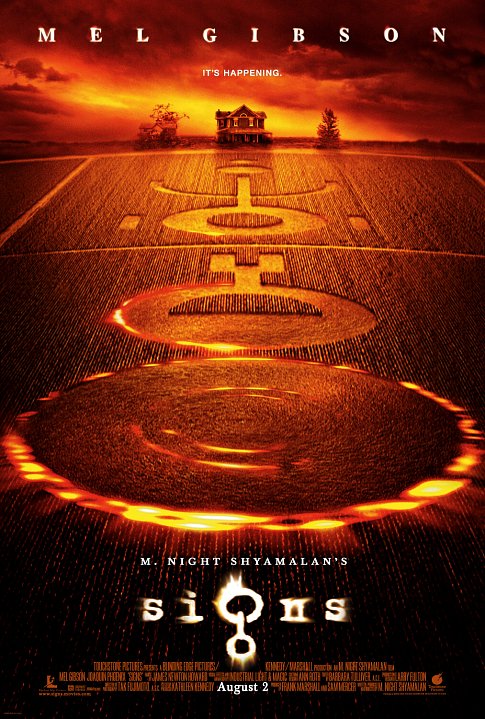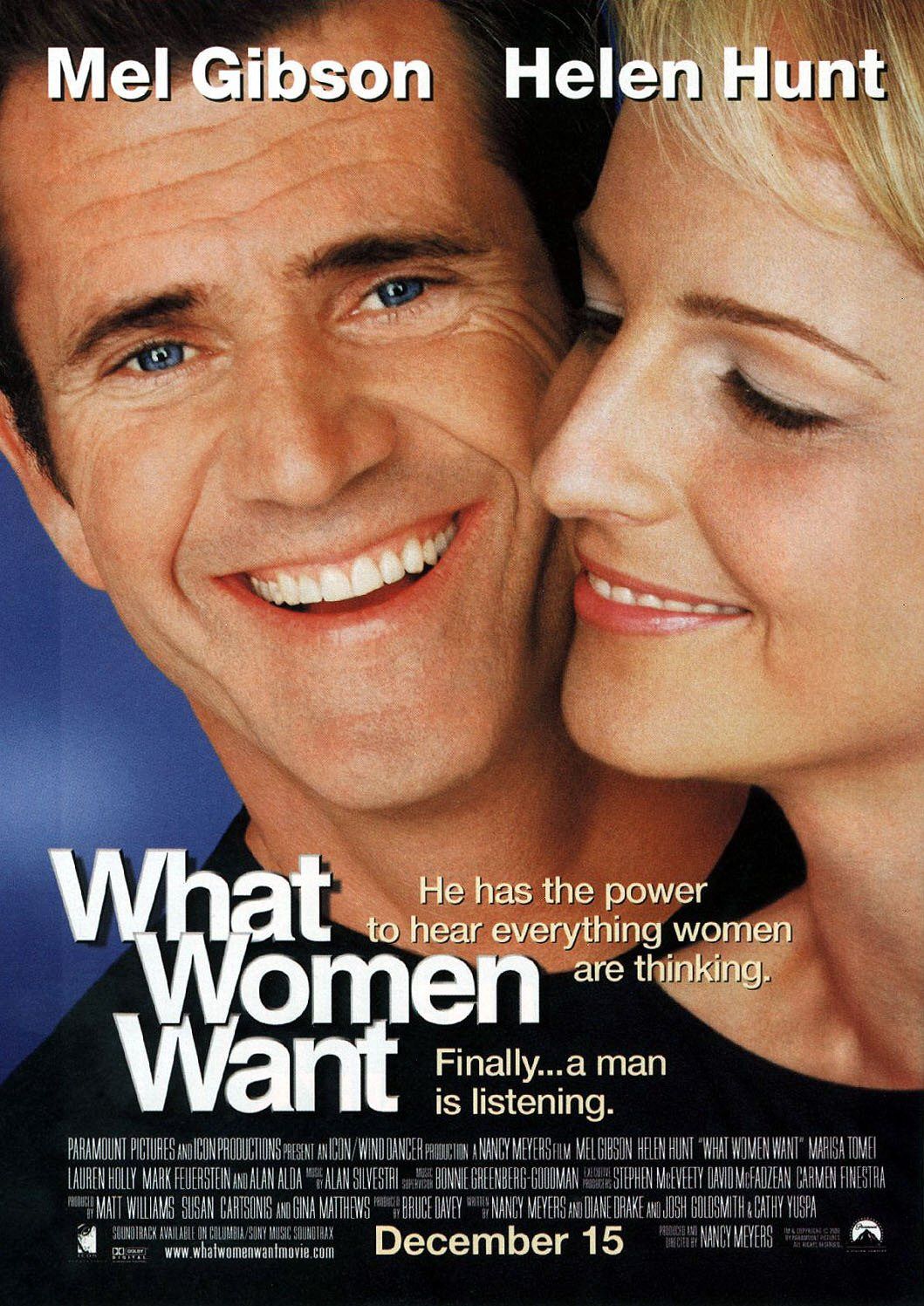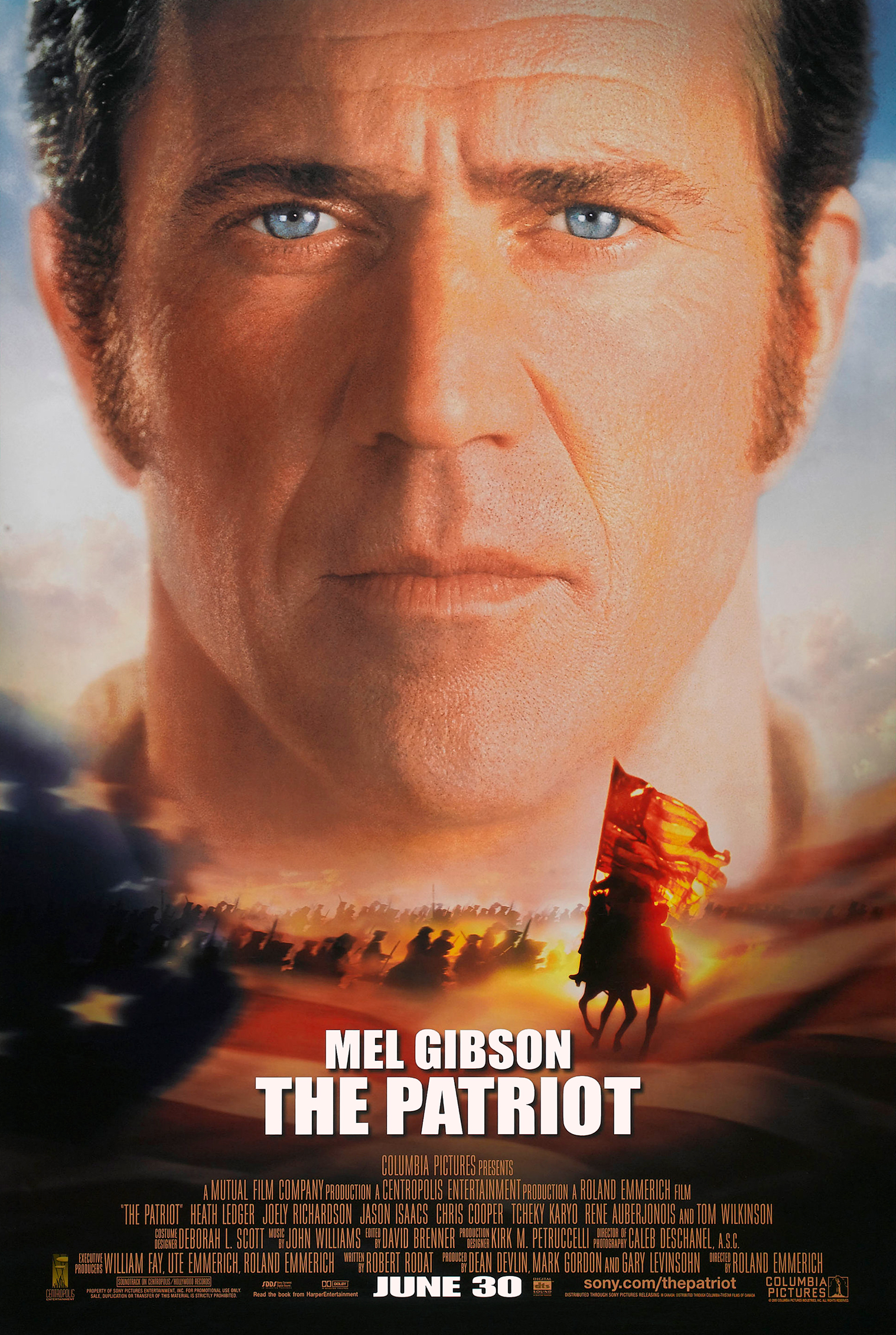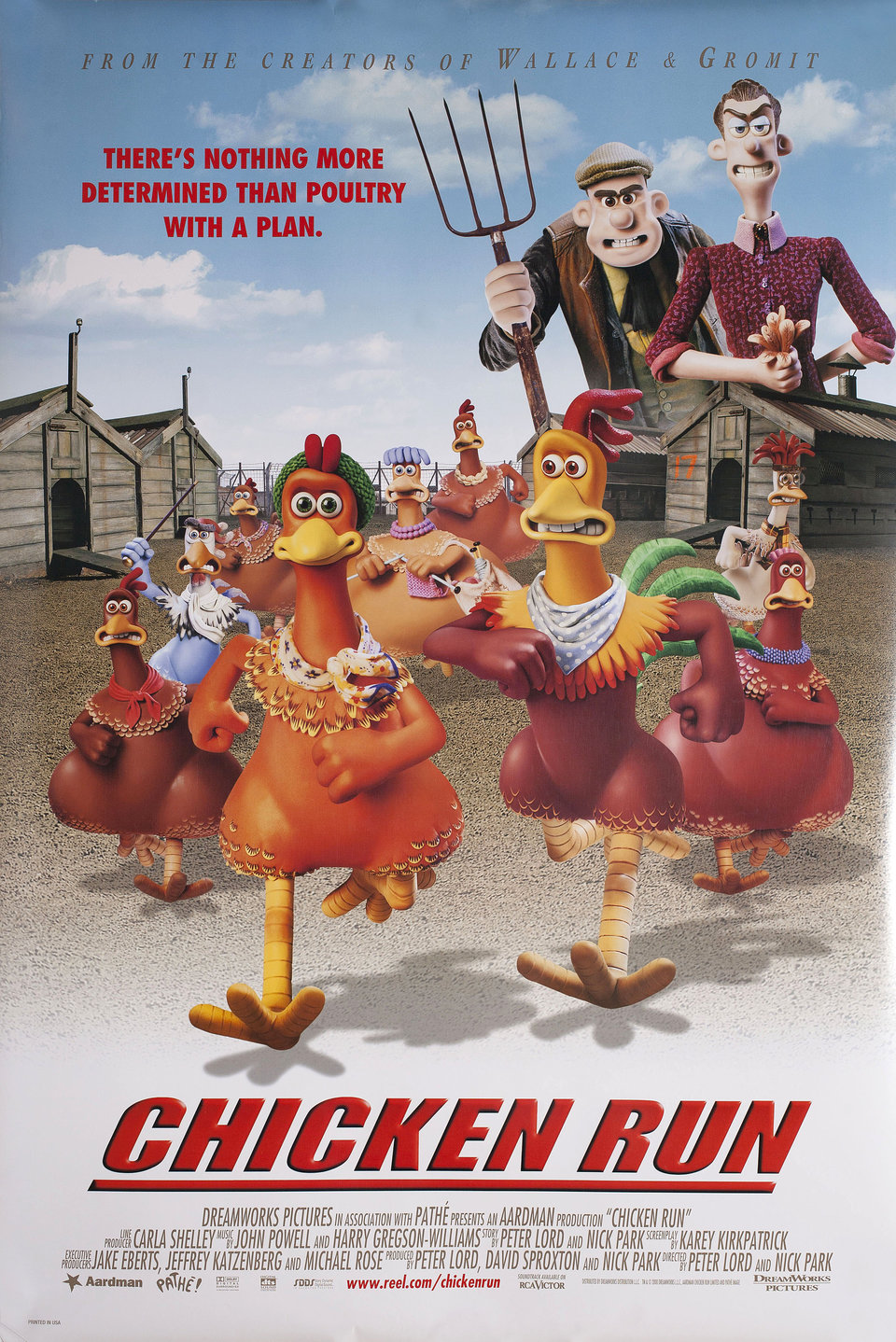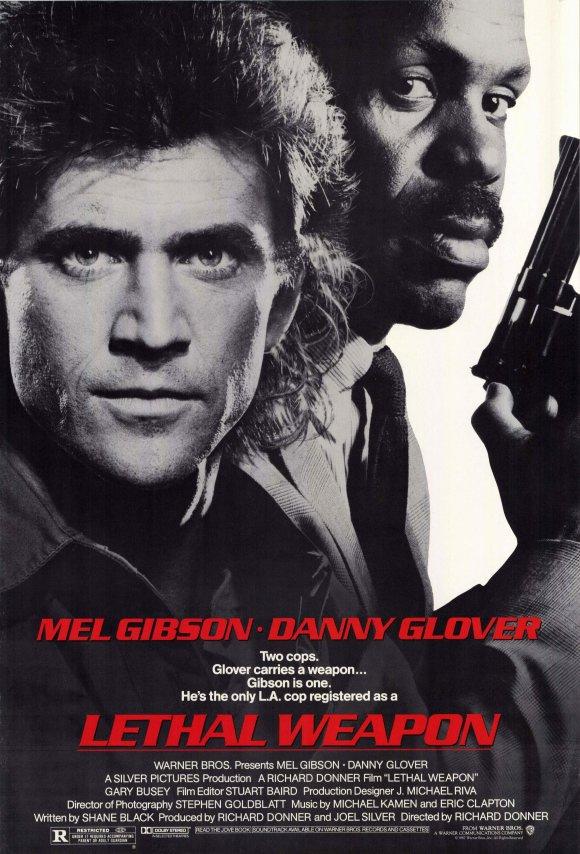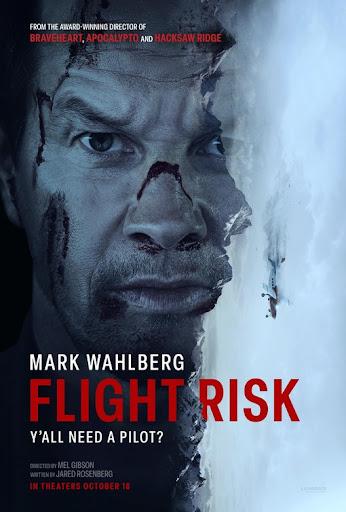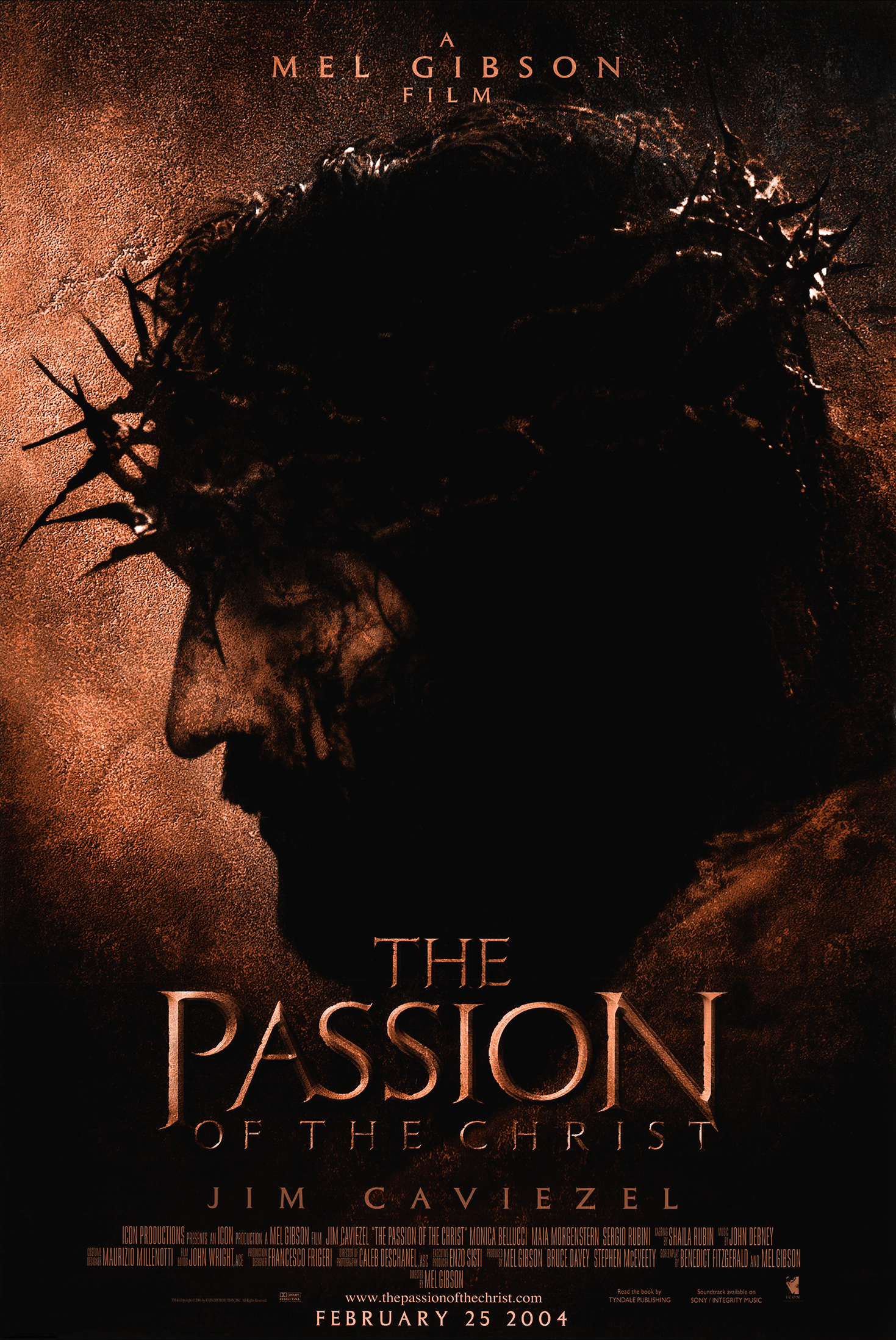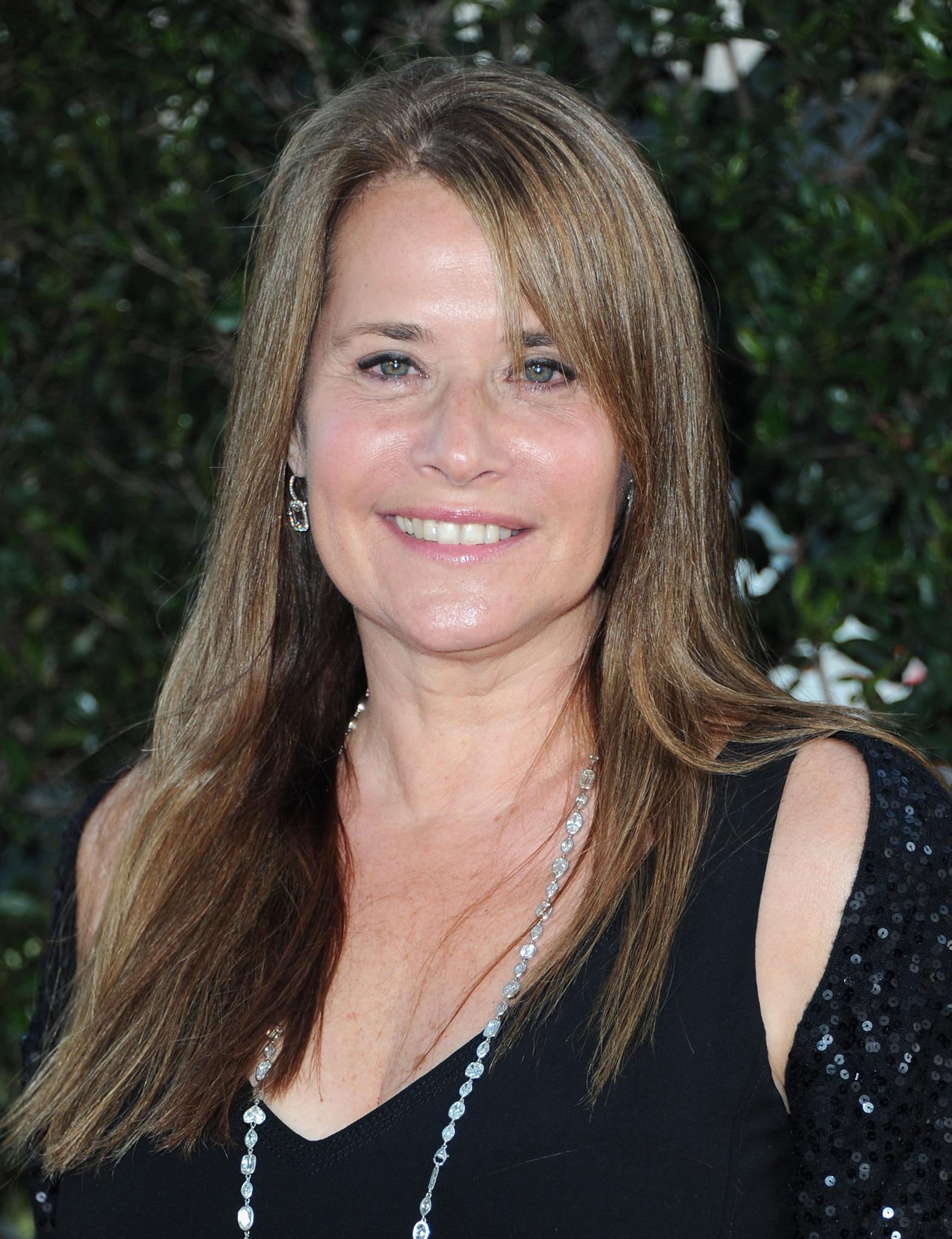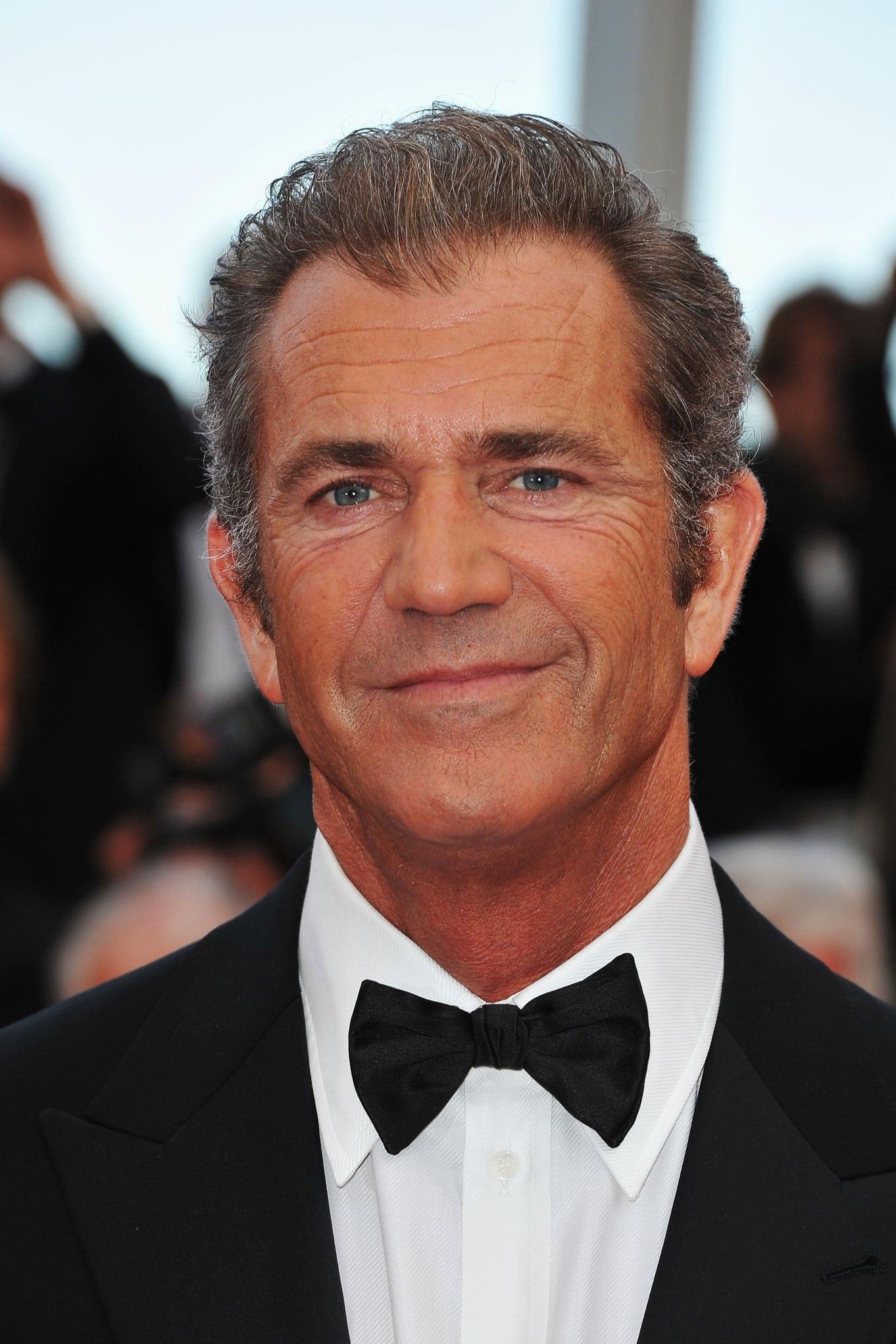
Mel Gibson
Birthdate: Jan 3, 1956
Birthplace: Peekskill, New York, USA
No major movie star in his generation has experienced a wilder fluctuation of fortune and professional respect than Mel Gibson (birthname: Mel Columcille Gerard Gibson). The winner of both Best Picture and Best Director Oscars for his second directorial work, Braveheart (1996), Gibson has also become the face of such toxic controversies as Holocaust denial, domestic violence, and gay and lesbian-bashing which—fair or not—has enormously damaged his career.
Despite this swirl of controversial episodes in recent years (many involving his late father, the Catholic “fundamentalist” and extremist, Hutton Gibson), Mel Gibson earned an Oscar directing nomination for his excellent World War II epic, Hacksaw Ridge (2016) and continues a robust acting career, including Lionsgate’s limited series, The Continental (2022), a spinoff from the John Wick series; Bandit (2022), with Josh Duhamel and Elisha Cuthbert; Boys of Summer (2022), with Lorraine Bracco; and Father Stu (2022), with Mark Wahlberg.
Though Mel Gibson’s last important role was in M. Night Shyamalan’s Signs (2002), with Joaquin Phoenix, he has shifted his filmmaking energies mainly toward his projects, from investing $25 million of his own money to making the much-debated The Passion of the Christ (2004), his quirky and sometimes bizarre Aztec epic, Apocalypto (2006) and the more conventional Hacksaw Ridge (2016), all of which pushed the violence-on-screen envelope and none of which he took a starring role himself. (Gibson is rumored to be directing Lethal Weapon 5.)
For roughly twenty years, from his major film debut in George Miller’s astonishing Mad Max (1979) to Signs, Mel Gibson was one of Hollywood’s most important stars, able to steer his career to be able to form a major independent production house, Icon, and forge a separate career—in the manner of his peer, Kevin Costner (with whom there is much to compare)—as a filmmaker. Between his first and (even better) second Mad Max movie with Miller, The Road Warrior (1981), Gibson established his international standing as a serious actor with Peter Weir’s war tragedy, Gallipoli (1981).
He followed this with Weir’s next, more lavish production with Sigourney Weaver, The Year of Living Dangerously (1982). This launched Gibson’s Hollywood career, with the 1984 trifecta of The Bounty, with Anthony Hopkins, Mark Rydell’s The River with Sissy Spacek, and Gillian Armstrong’s Mrs. Soffel with Diane Keaton. Just as he completed his Mad Max trilogy, with Mad Max Beyond Thunderdome (1985), Mel Gibson reached superstar status with Richard Donner’s Lethal Weapon (1987), an enormous box-office hit that launched one of the era’s most successful franchises.
While Gibson took some risks, such as taking on the role of the self-tortured Dane in Franco Zefferelli’s Hamlet (1990) and making his first stab as a director with The Man Without a Face (1993), his stardom proved bankable with Lethal Weapons 2 (1989) and 3 (1992), Air America (1990) and Maverick (1994). Mel Gibson reached the peak of Hollywood renown with his director-star triumph, Braveheart (1995), a five-Oscar winner, including Best Picture and Best Director.
It proved to be a hard act to follow, with Gibson starring in a cluster of disposable yet lucrative thriller entertainments like Ransom (1996), Conspiracy Theory (1997), and Payback (1999). He took a left turn with director Wim Wenders on The Million Dollar Hotel but returned to the more familiar heroic ground on Roland Emmerich’s Revolutionary War epic, The Patriot (2000) and We Were Soldiers (2002).
Few major careers have taken such a dive so quickly: From prestige and awards-season projects, Mel Gibson’s acting filmography dropped into the realm of dubious fodder like The Expendables 3 (2014), Daddy’s Home 2 (2018)—for which he won a Razzie as worst supporting actor-- and The Professor and the Madman (2019). This happened partly because of Gibson’s increasingly toxic image, combined with his focus on directing projects that took years to prepare and produce.
Mel Gibson appeared as a co-star or supporting in several features since 2019, including films such as Last Looks (2022), with Charlie Hunnam and Morena Baccarin; Agent Game (2022), with Dermot Mulroney; director/writer Rosalind Ross’ biopic Father Stu (2022), with Mark Wahlberg and Jacki Weaver; the Canadian crime biopic Bandit (2022), co-starring Josh Duhamel, Elisha Cuthbert, and Nelson Carbonell; the Nadine Crocker-directed thriller Desperation Road (2023), with Garrett Hedlund and Willa Fitzgerald; director/co-writer/producer Asif Akbar’s crime thriller Boneyard (2024), with Brian Van Holt and Curtis “50 Cent” Jackson; the mashup of a coming-of-age and monster movie, Monster Summer (2024), co-starring Mason Thames and Lorraine Bracco; and starring in the RJ Collins-directed thriller, Mermaid (date to be announced), with Sofia Hublitz and Jordi Molla and produced by Beni Films/ETA Films/Filmopoly.
Gibson was director/producer of his first directorial feature since Hacksaw Ridge, the Mark Wahlberg-starring thriller Flight Risk (2025), co-starring Topher Grace and Michelle Dockery, and released by Lionsgate. Gibson returned to one of his most spectacular and controversial features as director, producer, and co-writer (with longtime collaborator Randall Wallace) pair of sequels, The Passion of the Christ: Resurrection—Chapter 1 (2025), and Chapter II (date to be announced), starring Jim Caviezel, Maia Morgenstern and Francesco De Vito, produced by Icon Productions and released via Samuel Goldwyn Films.
Mel Gibson Photos and Videos
Personal life
Born in upstate New York to parents Hutton Gibson and Anne Patricia Gibson, Mel Gibson spent his early childhood in the U.S. and then moved with his family to Australia in the late 1960s, where his extended family has roots extending back several generations. He attended the University of New South Wales and attended the National Institute of Dramatic Arts with such classmates as Geoffrey Rush and Judy Davis. Mel Gibson was married to Robyn Moore from 1980 to 2011. The couple had seven children. Gibson has a child, Lucia, by ex-girlfriend Oksana Grigorieva. His reported net worth is $425 million.* Height is 5’ 9 ¾”.
Known For
Mel Gibson Movies
actor
Upcoming (1)
Previous (78)
director
Previous (3)
Facts About Mel Gibson
Body Double: Mel Gibson has two kidneys fused into one, known as a “horseshoe kidney.”
Condition: Gibson reportedly has bipolar disorder and has suffered from depression.
Thespian: Mel Gibson played Romeo in Judy Davis’s Juliet in a production at Australia’s National Institute of Dramatic Arts.
Voice Over: Gibson’s voice was replaced by an American vocal actor for the U.S. release of Mad Max.
Wizard of Oz: Mel Gibson was the first Australian movie actor to earn $1 million per role.
Investor: Gibson sunk $25 million of his own money into the research, development, and production of The Passion of the Christ.
Devout: Mel Gibson built a chapel on the property of his home, and he claims to attend mass there daily.
Rare Company: Gibson is one of six mainly known for their acting career who have won the Best Director Oscar, along with Clint Eastwood, Richard Attenborough, Robert Redford, Kevin Costner, and Warren Beatty.
Missed roles: The roles and movies that Mel Gibson either missed out on or turned down include The Terminator (1984), Die Hard (1988), Oliver Stone’s JFK (1991) and World Trade Center (2006), Martin Scorsese’s The Departed (2006) and Goodfellas (1990), Primary Colors (1998), Brian De Palma’s The Untouchables (1987), Batman Forever (1995) and X-Men (2000).
Under Investigation: Gibson attained a notorious reputation in the wake of alleged domestic violence against then-girlfriend Oksana Grigorieva in 2010, in which each person filed restraining suits against the other.
Faves: Gibson has stated that his favorite movies are Stanley Kubrick’s Spartacus (1960), William Wyler’s The Big Country (1958), and Billy Wilder’s Double Indemnity (1944).
Honor: Mel Gibson holds an Honorary Doctor of Humane Letters from Loyola Marymount University in Los Angeles.
Declining Fortune: Gibson’s reported wealth was as high as nearly $1 billion before 2008. It has since dropped by half to a reported $425 million.
Mr. Controversy: Mel Gibson’s career has been damaged by several scandalous episodes—including a case of alleged domestic violence—and several public outbursts against gay and lesbian people, as well as defending an extreme and highly controversial Christian sect branch based on the disputed Catholic doctrine known as “Sedevacantism,” which doesn’t recognize the authority of the Holy See, and has been associated with denial of the Holocaust.
Mel Gibson News
People Also Searched For



